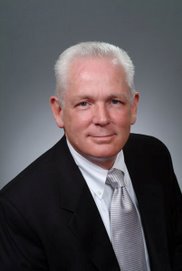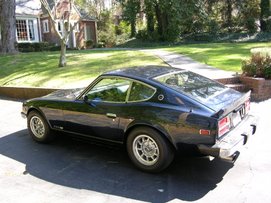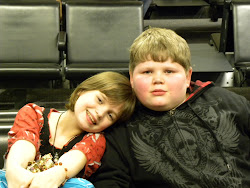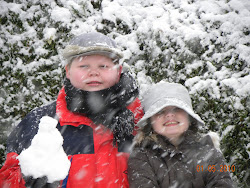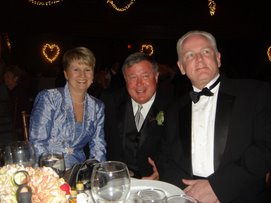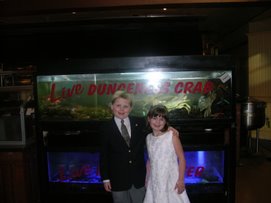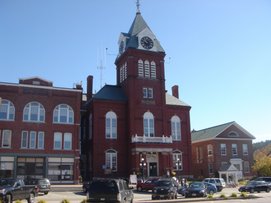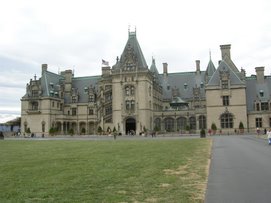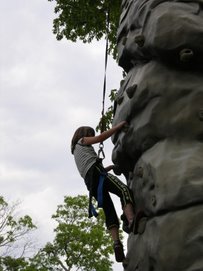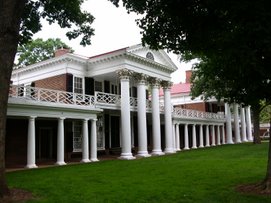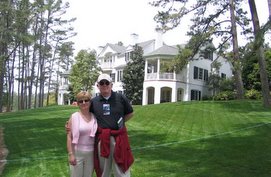Jerry Leiber
With the passing of Jerry Leiber yesterday, I thought I would share a paper my son Joseph authored (with a little help from Dad)last year for a language arts project. I read the book "Hound Dog" along with my son and learned so much about these two wonderful artists. Of course, my hat is also off to Nick Ashford, who also passed yesterday............"Ashford & Simpson" - what a wonderful pair of artists they were and boy did they ever influence my musical tastes? Who knew that they wrote "Let's Go Get Stoned" by Joe Cocker?
“Hound Dog”
Jerry Leiber & Mike Stoller
By Joseph Gaul
I was struggling to decide how to approach this project when my Dad asked me about it and made a suggestion – “you are a British citizen by birth and have spent more than half of your life living in the UK and Europe, so your cultural orientation is as much British as it is American.” Then he suggested I read a book called “Hound Dog”, an autobiography by two Jewish kids out of New York City who moved to Los Angeles at roughly the same time and became famous for writing in the black genre for groups like the Coasters, the Drifters, Sam Brothers 5, DiMaggio Brothers and Dion and the Belmonts. They also produced songs for the likes of Elvis Presley, Buddy Holly, Del Shannon, Ben E. King, Charles Brown, Melvin Sparks and a host of other musicians during the 60’s, 70’s and on up to today. But it all started with Hound Dog, performed first by Big Mamma Thornton and later Elvis Presley, who truly made the song famous.
Okay, so I know what you are thinking. How on earth is this lad going to link his cultural heritage to two Jewish songwriters from New York/Los Angeles? So this is where it gets interesting. You see, my Dad did not recommend the book just because he thought I’d enjoying reading Mike Stoller and Jerry Leiber’s life stories, but also because the music that they had written had deeply influenced his life. My Dad was born in rural North Carolina and had it not been for the radio and “Cousin Brucie”, a DJ out of NYC who hosted WABC’s teen-oriented evening shift in the 7 p.m. to 9 p.m. slot, he may well have ended-up a Country fan for life. But this particular DJ played a mix of diverse musical genres of the time (late 50’s and 60’s) including Motown, soul, pop, hard rock, and surf music. Then, in August of 1965 he introduced America to the Beatles during their historic Shea Stadium concerts.
My Dad was hooked, and that may very well explain his vast collection of Cassette Tapes, Compact Discs (Nearly 4,000 at last count) and Vinyl LP’s, some dating back to the late 60’s, and all in pristine condition. My Dad loves music and while he can’t sing a lick, he does appreciate multiple genres, especially the groups that came with the “British Invasion”. Starting with the Beatles in 1965 and closely followed by groups such as the Rolling Stones, the Dave Clark Five, Freddy and the Dreamers, Wayne Fontana and the Mindbenders, the Animals, Herman’s Hermits, The Troggs, Donovan, Chad & Jeremy, Peter and Gordon, Manfred Mann, Petula Clark and lots, lots more.
Okay, okay. Still looking for the connection – right? Well, who do you think influenced those chaps from the British Isles? Yes indeed! Mr. Mike Stoller and Mr. Jerry Leiber, whose music had reached across the sea and deeply, impressed the likes of Paul McCartney, John Lennon and Mick Jagger, just to mention a few key players.
So my link to Hound Dog, as a loyal subject of her majesty, the Queen, is that Jerry Leiber and Mike Stoller helped to start the British Invasion, which hit my Dad like a ton of bricks and gave him an intense desire to spend some serious time in the United Kingdom, which he did in the 1990’. And while living in the UK, my Dad met my Mom, who is rather younger than my Dad, but also a person who loves music and that may have been one of the biggest attractions for both of them as they started the process of dating in the summer of 1992. Dad’s musical collection, which had grown substantially in the five years before he arrived in the UK (Dad lived in Tokyo during those five years and spent a ton of money building out this CD collection) fascinated my Mom and my Dad very much enjoyed introducing her to the R&B sounds of the 60’s as well as Motown, which is undoubtedly my Dad’s favorite genre.
Interestingly enough, my Mom’s Dad and Mom, who are about fifteen years older than my Dad, also remember the British Invasion and how the Beatles changed the musical landscape in England. Remember, before the Beatles, we were happily listening to likes of Pat Boone, Elvis Presley, Frank Sinatra, Tommy Steele, Guy Mitchell, Nat King Cole, Bobby Darin, Perry Como and Tony Bennett, just to mention a few. And they were all wonderful singers. But they weren’t the Beatles or the Dave Clark Five or the Stones. Music changed forever with Strawberry Fields and Penny Lane, and my Dad changed from a kid listening to Eddy Arnold, Glen Campbell, Charlie Rich, Hank Snow, Ferlin Husky and other Country greats, to a kid who was desperate to go to New York City and see the Beatles live, a dream he almost realized one evening while visiting his sister in Brooklyn in August of 1965, but alas, it was not to be. But that’s another story for another day.
The key here is that I would not have been born in the West Midlands of England in April of 1996 had it not been for my Dad’s intense desire to live in the UK, which stemmed in large part from the British Invasion, which was influenced by the music of two kids raised in New York City who met by chance in Los Angeles in 1950 and ended-up being inducted into the Songwriters Hall of Fame in 1985 and the Rock and Roll Hall of Fame in 1987. Their roll call is staggering – from Elvis to John Lennon, Leiber and Stoller created a wonderful portfolio of timeless music that endures generation after generation.
As for this kid from the West Midlands – well, I’m just grateful that they inspired my Dad to put England on his “Bucket List”. Oh yea, I’m also very grateful for his musical collection as well, which will be mine one day!


